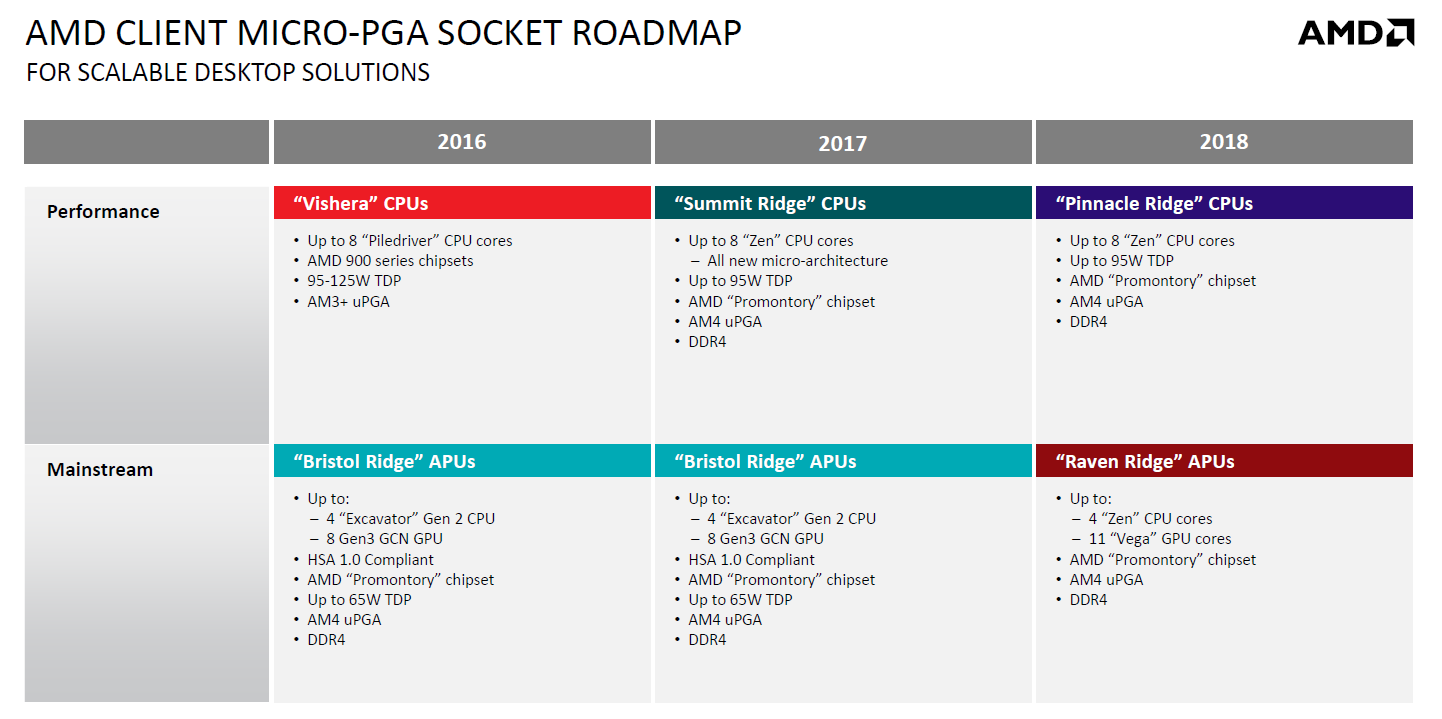-Fran-
Glorious
Ugh... In my opinion, that answer is not really clear cut. ESPECIALLY when discussing "longevity", BUT!
Not taking a snarky jab or sarcastic comment here, because I do agree with doing it, but the whole point and argument in favor of testing in 1080p is for longevity purposes, so, since the trend is going wide with both AMD and Intel actually going wide for real this time into the mainstream, I'm pretty damn sure game engines will start going wide noticeably in the short term. Without going too far, there are plenty of titles that do escale pretty damn well at 6 and beyond threads. The only exception to that trend are, obviously, popular DX11 (or prior) based games or game engines (Valve being the weird exception).
There are also reasons for me to advocate in favor of the i7 and not the i5 as well: the performance delta in MP apps (not only games) is going to be even bigger this time, so the extra dosh the i7 will be asking for, might be really worth it this time around at purchase time and not only as a "longevity" play. Again, this is the reason I went for the i7 and not the i5 back in 2012 and it seems I wasn't wrong.
Budget oriented people will now have in the i3 all they need, specially since there's a K version now. So, the i5 is in a very weird position, at least in my eyes, from a value perspective. Specially since the 1600X is actually (according to the leaked data) still competitive in price to performance ratio against the i5.
Cheers!
Not taking a snarky jab or sarcastic comment here, because I do agree with doing it, but the whole point and argument in favor of testing in 1080p is for longevity purposes, so, since the trend is going wide with both AMD and Intel actually going wide for real this time into the mainstream, I'm pretty damn sure game engines will start going wide noticeably in the short term. Without going too far, there are plenty of titles that do escale pretty damn well at 6 and beyond threads. The only exception to that trend are, obviously, popular DX11 (or prior) based games or game engines (Valve being the weird exception).
There are also reasons for me to advocate in favor of the i7 and not the i5 as well: the performance delta in MP apps (not only games) is going to be even bigger this time, so the extra dosh the i7 will be asking for, might be really worth it this time around at purchase time and not only as a "longevity" play. Again, this is the reason I went for the i7 and not the i5 back in 2012 and it seems I wasn't wrong.
Budget oriented people will now have in the i3 all they need, specially since there's a K version now. So, the i5 is in a very weird position, at least in my eyes, from a value perspective. Specially since the 1600X is actually (according to the leaked data) still competitive in price to performance ratio against the i5.
Cheers!










